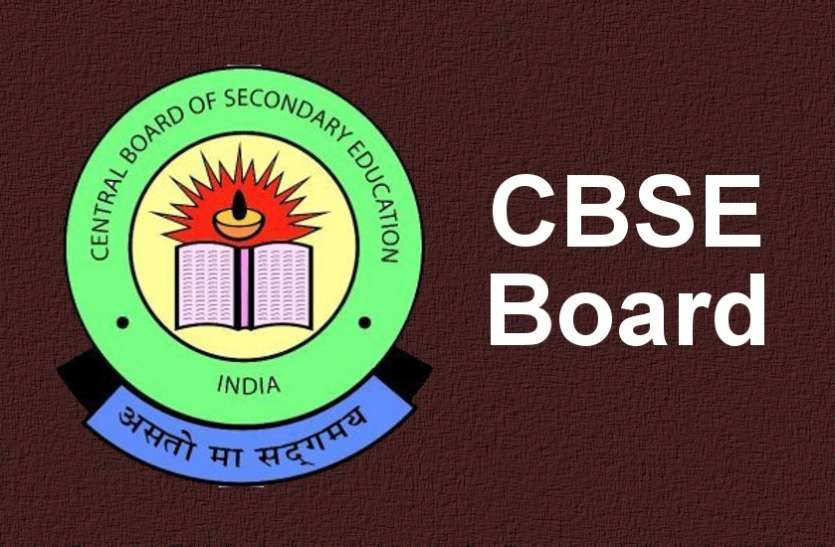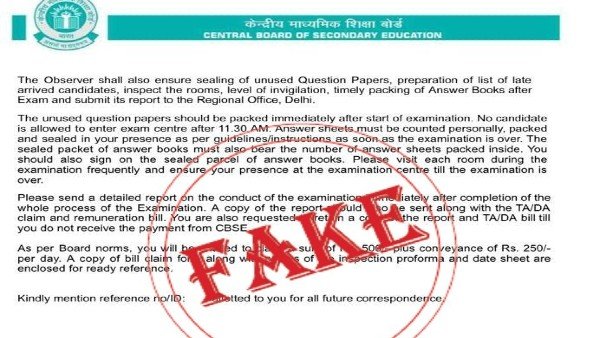The recently announced NBEMS 2025 exams schedule has elicited a mix of responses among medical students and professionals preparing for the NEET-PG examination. The National Board of Examinations in Medical Sciences (NBEMS) has laid out a series of key dates that are integral to understanding the trajectory of these assessments. One crucial date to note is the announcement of the exam itself, which is expected to be held in early January 2025. This timing deviates from the customary late December timeframe that many students typically prepare for, introducing an element of uncertainty for aspirants.
Moreover, the format of the exams seems to have shifted slightly, introducing new question types aimed at evaluating the practical knowledge of candidates more extensively. Such changes may necessitate modifications in the preparation strategies of those gearing up for the NEET-PG. It is important to highlight that while NBEMS aims to enhance the efficacy of assessments through revised question formats, this can cause stress and confusion among candidates who may already be navigating a tightly packed schedule of study and practice.
Additionally, the relation between the proposed NBEMS timeline and the traditional NEET-PG schedule raises concerns about potential clashes that could impede candidates’ abilities to adequately prepare. With various responsibilities, including internships and clinical postings, students may find themselves grappling with difficult choices between commitments while preparing for critical examinations. The ongoing evolution of the examination timeline could have profound implications, necessitating close attention from both students and educators as they seek to navigate this new landscape effectively.
Impact on NEET-PG Aspirants and Stakeholders
The recent shift in the NBEMS 2025 exam schedule has generated a wave of uncertainty among NEET-PG aspirants, educators, and medical institutions. For many aspirants, the NEET-PG examination represents a critical milestone in their medical careers. The unexpected changes in the exam timeline have raised significant concerns regarding their preparation strategies. It is not merely a matter of adjusting study schedules; students are faced with the daunting task of realigning their study materials and practice routines amidst dwindling timeframes.
Students have expressed their anxiety regarding the unpredictability associated with the NEET-PG exam date. One aspirant shared, “It’s incredibly stressful to prepare for an exam when we don’t even know when it will take place. Every day counts, and this uncertainty affects our focus.” Such sentiments underline the emotional toll that these changes can have on students who have dedicated years to their medical education and now grapple with the implications of an altered timeline.
In addition to the difficulties faced by the aspirants, educational institutions are also feeling the pressure. Medical educators must reconsider their teaching methodologies and timetable to accommodate the revised schedule. A professor commented, “We need to allocate our resources efficiently to support our students. The changes require us to rethink our entire academic planning, which poses challenges in terms of staffing and curriculum delivery.” This perspective highlights the broader repercussions within academic settings, where the focus must remain on student success while navigating the evolving landscape.
This uncertainty also extends to medical institutions and examination boards. The planning for facilities, resources, and logistical arrangements for a significant number of candidates must now be swiftly amended. Overall, the unpredictable shift in the NBEMS exam schedule surrounding NEET-PG not only affects individual candidates but also poses challenges for the entire medical education ecosystem, magnifying the emotional and educational strain faced by various stakeholders.
Expert Opinions and Predictions
The recent announcement regarding the NBEMS 2025 exam schedule has elicited a variety of responses from educational experts, medical professionals, and exam strategists. Many of these authorities highlight the potential ramifications this schedule may have on the NEET-PG examination. Given that NEET-PG serves as a crucial gateway for postgraduate medical education in India, the uncertainty surrounding its examination date poses significant challenges for aspiring candidates.
Experts suggest that one key implication of the NBEMS schedule could be the compression of timeline preparations for NEET-PG. There are concerns that concurrent exam schedules might compel applicants to prioritize their study focus or adopt last-minute strategies, which could adversely affect their performance. Some educators argue that students may need to adjust their preparation paradigms significantly, advocating for a more structured study plan that accommodates an unpredictable examination timeline.
Moreover, medical professionals express a need for clear communication from relevant authorities regarding any potential alterations to the NEET-PG format or schedule. Transparency is crucial for ensuring that candidates remain informed and can adequately prepare for the examination. Several strategists propose that examination bodies consider staggered scheduling or alternate formats, which may alleviate exam-related stress for candidates.
Lastly, experts emphasize the importance of resilience and adaptability for NEET-PG aspirants during this period of uncertainty. They recommend creating dynamic study plans that account for possible changes in exam dates and formats. This adaptability will be essential for candidates aiming to excel in a competitive examination landscape. Through collective insights, these professionals encourage a proactive approach, underscoring the need for continuous engagement with updates from exam authorities while maintaining focus on overarching study goals.
Future Considerations for Medical Education and Exam Scheduling
The recent announcement surrounding the NBEMS 2025 exams schedule has prompted significant discourse regarding the impact on medical education and the administration of important assessments in India. As the landscape of medical education continues to evolve, it is imperative for educational authorities and stakeholders to engage in comprehensive review and reform of exam scheduling practices to ensure they better align with the needs of students and the medical community at large.
One of the critical factors to consider is the timing of exams and its implications for student preparation. Traditionally, exam dates have been set without robust input from the student body or educators, resulting in a misalignment between academic calendars and assessment schedules. This lack of synchronization can be particularly detrimental, leading to increased stress among students who juggle clinical rotations, classes, and exam preparations. Exploring more flexible scheduling options could alleviate some of this pressure and allow students to perform at their best.
Additionally, the potential reforms in exam administration carried out by the NBEMS could have far-reaching effects on future cohorts. By adopting a more student-centric approach, which includes direct feedback mechanisms and a focus on equitable access to resources, the NBEMS could foster an environment where students feel supported in their educational pursuits. This strategic planning can help eliminate unnecessary barriers to exam success and thereby reduce anxiety among candidates.
Moreover, the importance of effective communication and transparency from educational authorities cannot be overstated. Regular updates and open forums for discussion create a collaborative atmosphere in which all stakeholders, including students, faculty, and administrative bodies, can voice their concerns and contribute ideas for improvement. Overall, proactive strategies that emphasize flexibility and support will play a crucial role in shaping the future of medical education and exam scheduling in India, ensuring that the system ultimately serves its intended purpose.




